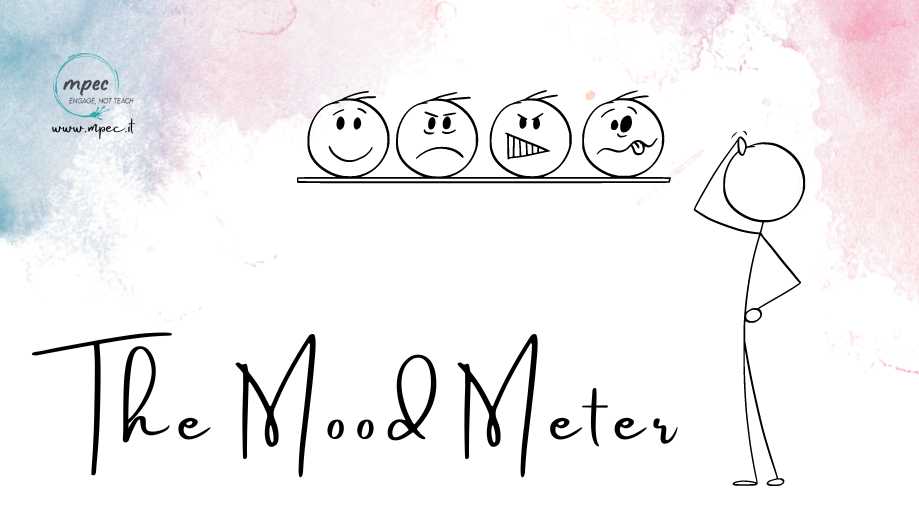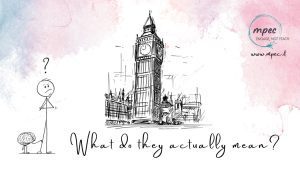Have you ever found yourself at a loss for words when trying to express how you feel? In the realms of both personal and professional life, articulating our emotions in English can be a bit of a challenge, especially if it’s not your first language. But worry not! We’re about to embark on a journey to expand your emotional vocabulary and enhance your ability to express feelings accurately. Are you ready to explore the depths of emotional expression?
Understanding Emotional States in English
Do you know what ‘melancholy’ really means, or how ‘elation’ differs from simple happiness? Understanding emotional states begins with clear definitions. Each emotion, from joy to sorrow, carries a unique essence that can be captured with the right words.
Emotional Spectrum
Think of emotions as a spectrum. Have you ever felt a mix of emotions and struggled to describe them? By understanding the emotional spectrum, you’ll be equipped to express even the most complex feelings.
The Mood Meter Explained
Have you heard of the Mood Meter? It’s a tool that helps categorise emotions. But how can it aid in language learning? Let’s delve into its concept and how it can be practically applied to enhance your English communication skills. How exactly? Imagine being able to express precisely how you feel in any situation – wouldn’t that be empowering? Understanding the Mood Meter not only enriches your vocabulary but also sharpens your emotional intelligence.
Key Vocabulary for Expressing Emotions
Basic Emotional Words
What are the foundational words you need to start expressing emotions? Words like ‘happy’, ‘sad’, ‘angry’, and ‘scared’ are just the beginning. Let’s expand your basic emotional lexicon, shall we?
Ready to go beyond the basics? Learn how to use words like ‘ecstatic’, ‘despondent’, ‘livid’, and ‘petrified’ to convey emotions with greater depth.
Advanced Emotional Descriptors
Grammar Structures for Discussing Emotions
Using Adjectives and Adverbs
Do you know the difference between feeling ‘happy’ and ‘happily’? Understanding how to use adjectives and adverbs correctly can dramatically change the meaning of your sentence. Let’s explore, shall we?
The Role of Tone and Inflection
Ever noticed how your tone of voice can convey as much as your words? How can you use tone and inflection to enhance your emotional expression in English? Understanding the impact of tone and inflection is crucial. Did you know that the same sentence can express different emotions based on how it’s said? Let’s experiment with this!
Cultural Aspects of Emotional Language
Do you find certain English phrases puzzling when it comes to emotions? Grasping these subtleties is key to effective communication in a multicultural world.
Enhancing Emotional Intelligence through Language
Conversation Club by MPEC: Let’s Practice Speaking in English!
Let’s Talk About Expressing Emotions Across Cultures
How do expressions of emotions vary across cultures?
Are there phrases in English that might not translate well into other languages?
Tell us about nuances related to talking (or NOT talking!) about emotions you find particularly interesting, puzzling or difficult in your culture, country or family
- How does your mood affect your use of language?
- Do you find it easier to express positive or negative emotions in English? Why?
- Share a time when you struggled to find the right words to express how you felt.
Glossary:
- Keep your cool (v): To stay calm in a difficult situation. ❄️😎
- Get something off your chest (v): To talk about something that has been worrying you. 🗣️💔
- Hit a nerve (v): To mention a sensitive topic. 🎯😣
- Why is it important to accurately express emotions in professional settings?
- Discuss how different cultures express emotions differently in English.
- How can mastering emotional vocabulary enhance personal and professional relationships?
Glossary:
- Face the music (v): To accept and deal with the consequences of your actions. 🎵😬
- Jump for joy (v): To be extremely happy and excited. 🏃♂️🎉
- Lose your temper (v): To become very angry. 💢😠
- EmotionalIntelligence
- #EnglishVocabulary
- #ExpressingFeelings
- #LanguageLearning
- #EffectiveCommunication
- Enhance your emotional expression in English with our engaging conversation club.
- Learn to navigate the complex world of emotions and improve your communication skills.
- Join us to explore the vast vocabulary of feelings in English and how to use it effectively.
- #LanguageLearners




